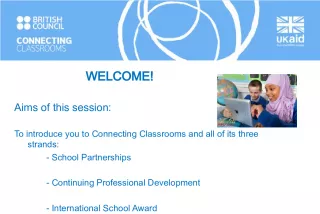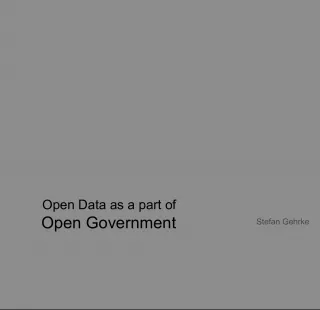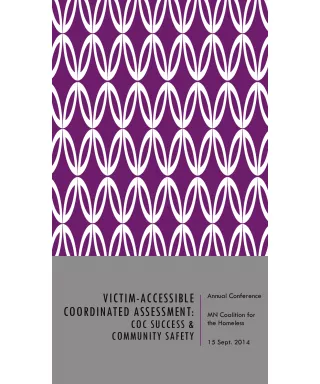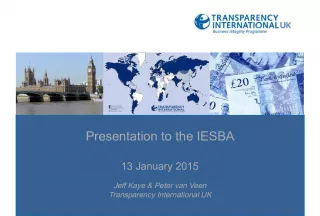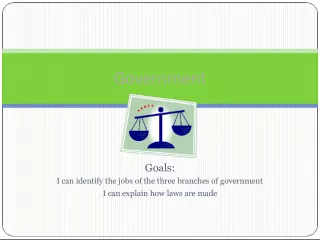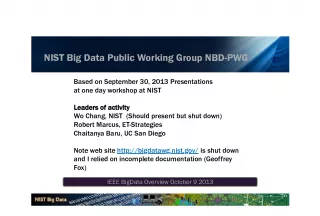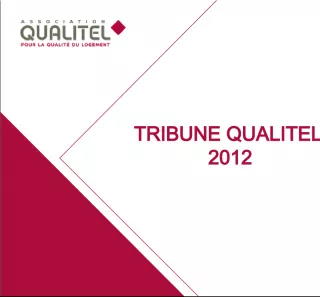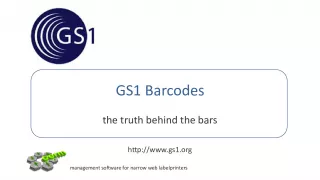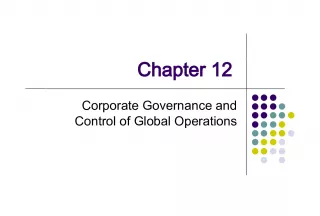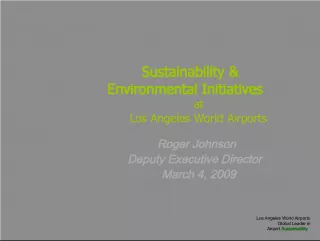Building Trust with Your Stakeholders: Insights from BT Global Government
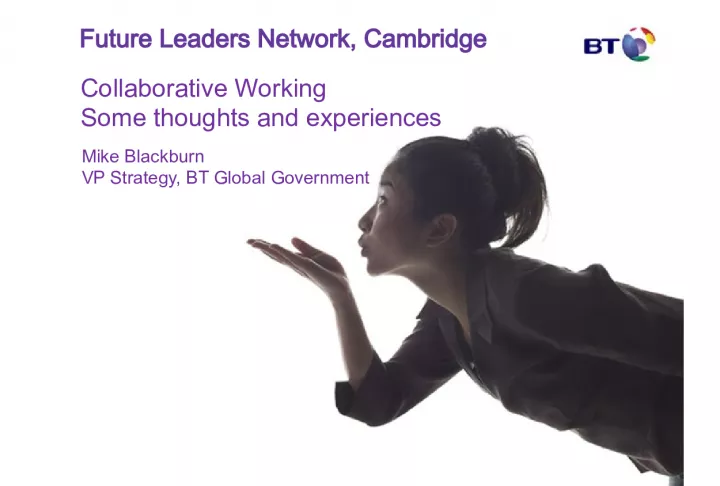

Learn strategies for building trust with stakeholders from BT Global Government, including open communication, mutual goals, and senior executives' involvement. Measurable goals can help track trust-building progress.
- Uploaded on | 0 Views
-
 masonevans
masonevans
About Building Trust with Your Stakeholders: Insights from BT Global Government
PowerPoint presentation about 'Building Trust with Your Stakeholders: Insights from BT Global Government'. This presentation describes the topic on Learn strategies for building trust with stakeholders from BT Global Government, including open communication, mutual goals, and senior executives' involvement. Measurable goals can help track trust-building progress.. The key topics included in this slideshow are . Download this presentation absolutely free.
Presentation Transcript
1. Future Leaders Network, Cambridge Mike Blackburn VP Strategy, BT Global Government Collaborative Working Some thoughts and experiences
2. © British Telecommunications plc 2 Building trust with your stakeholders • It is nearly impossible to build a profitable relationship with a stakeholder without trust. • Be completely open and honest about the level of trust that exists in your relationship. • Mutual goals give both parties a reason to contribute equally. • Having senior executives involved over a long period of time ensures the relationship will continue to grow. • Measureable goals can help you determine how far trust has been built
3. © British Telecommunications plc 3 Some experiences • Inconsistent expectations between a customer and provider can create a crisis situation. • When complications arise, a company must react quickly to minimise damage. • Up-front collaboration between parties helps clear confusion and set realistic expectations. • Designing long-term solutions instead of short-term stopgaps is a more sustainable business practice.
4. © British Telecommunications plc 4
5. © British Telecommunications plc 5 Degree of trust Cultural Fit Ease of working together Capacity for joint problem- solving Ability to leverage and learn from differences Capacity to resolve conflicts Openness and quality of communication Capacity for taking a “what is best for the venture” perspective A Successful Collaboration has to address both substantive and relationship issues Strategic Competitive positioning Business targets, plans and strategies Financial Prices, fees and rates Financing and equity Legal Technology transfer & licensing terms Consequences of default Relationship Issues Substantive Issues Organizations often invest heavily on the substance... …but many don’t take the time to focus on the relationship, a primary cause of partnership failure.
6. © British Telecommunications plc 6 6 “This is about getting them to meet our needs” When things go wrong, assign blame and apply contractual penalties Customer decides, vendor executes Customer defines metrics; supplier is evaluated Negotiations are often adversarial; produce arbitrary outcomes Each party is often surprised and learns of decisions after they’re made Attributes of a strategic supplier partnership “This is about meeting both our needs in a sustainable way” When things go wrong, diagnose joint contributions and work to avoid repetition Wise decisions need joint input At least some metrics are jointly developed and shared, or symmetrical Negotiations focus on problem- solving; produce good precedents Surprises are rare; planning is highly integrated; communication is frequent and robust Attributes of a typical customer-vendor relationship A Critical Shift in Mindset
7. © British Telecommunications plc 7 7 How Do Partners View Negotiations With YOUR Organization?
8. © British Telecommunications plc 8 Questions to ask • Why would you work with a stakeholder you couldn’t trust? • In your mind, what qualities define trustworthiness? • What types of actions would raise a red flag in a relationship? • How would you evaluate your own level of trustworthiness? • When can a troubled business relationship be salvaged, and when is it better to move on?
9. © British Telecommunications plc 9 9 Challenge – Managing Multiple Stakeholders • The need for information and buy-in from multiple affected parties leads to complex negotiations for consensus • Parties who feel excluded from or surprised by decisions impede implementation • Consultation creates an expectation of playing some role in decision-making • Any process risks being over- or under-inclusive, or both Alliance manager fears that a particular group of stakeholders will undermine a deal Alliance manager does not involve group of stakeholders Group of stakeholders feels left out and undervalued Stakeholders impede smooth progress of the deal
10. © British Telecommunications plc 10 10 A Better Approach to Dealing with Multiple Stakeholders • Approach – Seek alignment, early and often – Alignment is not consensus – Consultation is neither veto power nor a mere formality – Limit actual decision- making to the smallest, most manageable, and most appropriate group • Process Helps – Decision-making rights and responsibilities – One-text procedure Alliance manager knows that a group of stakeholders have valuable input for the deal Alliance manager consults regularly with stakeholders Stakeholders feel included and that their input is taken into account Stakeholders become part of the solution and provide constructive input
11. © British Telecommunications plc 11 Scaling Collaboration & Innovation Through Social Networking • Innovation is sparked when people work and collaborate together, sharing ideas, solutions, and best practices with one another. • Face to face meetings and interactions aren’t always practical or even possible, particularly when large numbers of people or geographic distances are involved. • Social networking through technology allows a nearly endless number of people to join together for learning opportunities, regardless of distance or time. • Today’s technology encourages senior leadership to become involved in learning and teaching through social networking as well, since time commitments are more easily obtained. • Providing recognition of people and their accomplishments is an excellent way to gain participation and buy-in from employees at all levels for online learning events and social networking.
12. Future Leaders Network, Cambridge Mike Blackburn VP Strategy, BT Global Government Mike.blackburn@bt.com
